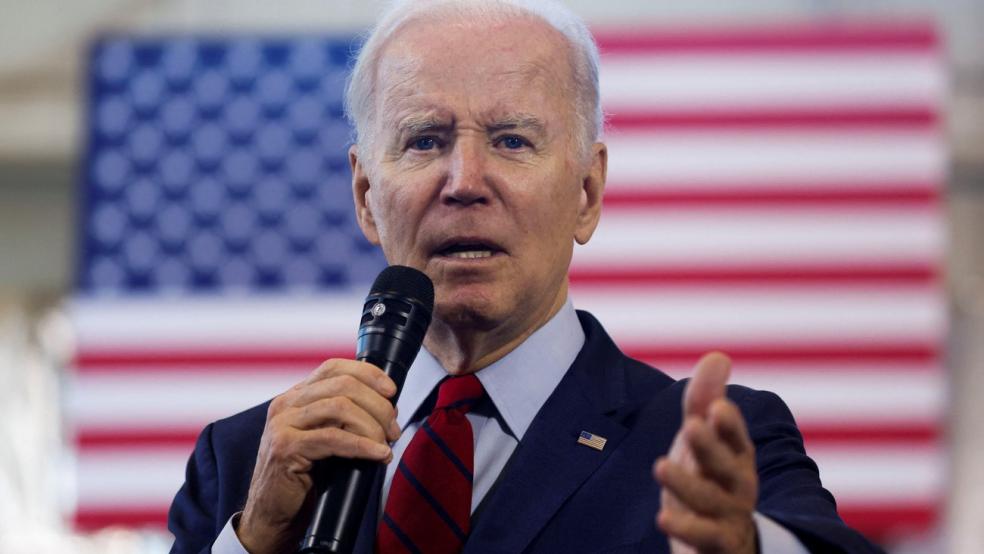The White House is set to release President Biden’s budget proposal for fiscal year 2024 next Thursday. The president has previewed some broad points, saying that the plan will reduce deficits by $2 trillion over 10 years and that it would do so in part by raising taxes on the wealthy and large corporations. Biden also has said that his plan will extend the solvency of the Medicare Trust Fund “by at least two decades.”
Some other details of Biden’s plan are likely to come out ahead of the official release. For example, the Tax Policy Center’s Howard Gleckman cites “two highly placed sources” as saying that the president may propose using revenue from the 3.8% Net Investment Income Tax (NIIT) imposed by the Affordable Care Act to shore up Medicare’s Part A Trust Fund, which is on pace to become insolvent by 2028. The tax applies to individual taxpayers with modified adjusted gross income of more than $200,000 or married couples making more than $250,000 a year. It covers income from interest, dividends, capital gains, rent and royalties, non-qualified annuities, and certain businesses.
Dedicating those revenues to Medicare would generate $500 billion for the program over the next 10 years, which would go a considerable way toward delivering on Biden’s promise of a 20-year extension. “[S]huffling NIIT revenues could achieve much of that goal without raising taxes, increasing beneficiary cost-sharing, or cutting payments to hospitals or other Part A providers,” Gleckman says. “It also would be a case of doing what many people thought the law did 13 years ago, but didn’t.”
The move, Gleckman adds, would do nothing to cut the deficit because it would just shift revenue from other programs. “Perhaps most important, it would fundamentally shift Medicare Part A from a program funded almost entirely with payroll taxes on wages to one financed with taxes on a much broader income base, at least for high-income households,” he says.
The bottom line: Gleckman predicts that congressional Democrats are likely to back Biden’s idea — but that may not be enough as “it still faces a tough slog in the Republican-controlled House.”





